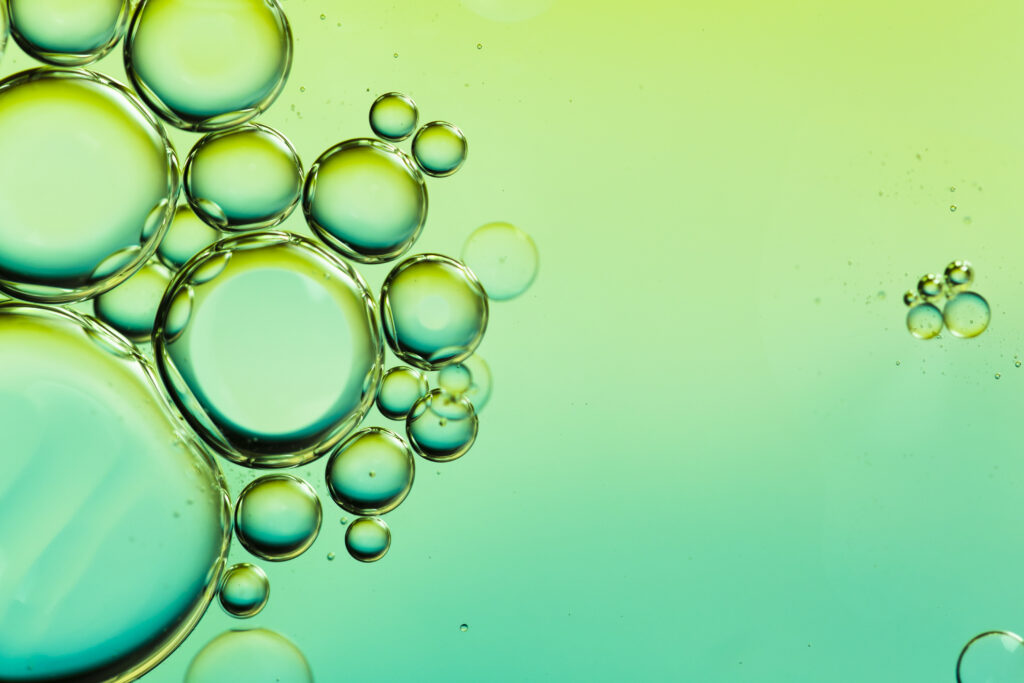Discover the Environmental Impact of Defoamers in Industrial Applications
Discover the Environmental Impact of Defoamers in Industrial Applications
Blog Article
The Function of Defoamers in Enhancing Item Top Quality and Performance
In various producing procedures, the existence of foam can considerably impede item top quality and operational efficiency. Defoamers offer as vital additives that reduce this concern, guaranteeing smoother manufacturing operations while enhancing the visual and useful characteristics of the end products (defoamers). Their application extends a multitude of sectors, from food and drink to pharmaceuticals, where uniformity and dependability are critical. However, the choice of the appropriate defoamer can be crucial to accomplishing optimal results, elevating crucial questions concerning formulation compatibility and performance metrics that warrant more expedition.
Understanding Defoamers
Recognizing the duty of defoamers is essential for maintaining item high quality throughout different sectors. Defoamers are chemical additives made to avoid the development and minimize of foam in fluid systems, which can negatively impact procedures such as mixing, filling up, and surface tension. Frothing can cause inefficiencies, product defects, and endangered visual allure, making defoamers a crucial component in producing procedures.
In industrial applications, defoamers aid to enhance item consistency and security. The effective usage of defoamers not just makes sure smoother manufacturing procedures yet likewise contributes to superior item performance.
Furthermore, the option and formula of a defoamer need to align with certain application demands, such as compatibility with other ingredients, efficiency under varying temperature level and pH problems, and possible governing restraints. Inevitably, understanding defoamers' features and their importance in numerous formulas is vital for enhancing production and ensuring the best output.
Sorts Of Defoamers
Defoamers can be classified into several kinds based on their composition and system of activity. The key types consist of silicone-based, non-silicone organic, and inorganic defoamers.
Silicone-based defoamers are amongst the most efficient, primarily due to their capacity to spread out quickly on the liquid surface area and interrupt foam development. Their special chemical framework enables remarkable security, making them suitable for high-temperature applications and settings with varying pH levels.
Non-silicone organic defoamers, commonly made up of fatty acids or all-natural oils, are valued for their biodegradability and reduced toxicity. These are commonly made use of in food and beverage applications where security and environmental influence are extremely important.
Not natural defoamers, that include materials like talc or calcium carbonate, act by boosting the thickness of the liquid, thereby minimizing foam stability. They are typically made use of in commercial procedures where compatibility with various other materials is not a concern.
Each sort of defoamer has distinctive advantages and constraints, permitting customized services relying on the certain foaming concerns encountered in numerous applications. Understanding these distinctions is critical for maximizing performance and attaining wanted product top quality.
Applications Throughout Industries
Countless sectors utilize defoamers to boost item high quality and functional performance. In the food and beverage sector, defoamers are essential in processes such as brewing and dairy products production to stop foam formation, which can lead to ineffectiveness and product inconsistency. By controlling foam, makers can ensure much better yield and a much more uniform product.
In the pharmaceutical market, defoamers play a vital role in the formulation of liquid medications, where excessive foam can hinder mixing and accurate dosing. Their use aids preserve the integrity of the formulations and helps with smoother production processes.
The paint and coatings sector likewise relies upon defoamers to boost the performance of products during application. By decreasing foam, these ingredients make sure a smoother finish and boost the aesthetic high qualities of the end product.

Advantages of Using Defoamers
While the application of defoamers differs across sectors, their advantages continually boost item top quality and process effectiveness. One significant benefit is the reduction of foam development during making procedures, which can or else cause production delays and incongruities in item high quality. By reducing foam, defoamers make it possible for a smoother flow Homepage of materials, facilitating more efficient operations and lowering the possibility of devices malfunctions.
In addition, using defoamers can improve the appearance and texture of final items. In markets such as coverings, paints, and food processing, extreme foam can jeopardize the aesthetic looks and general top quality, while the proper defoamer application makes certain a consistent surface and desirable characteristics. In addition, defoamers can contribute to set you back savings by lowering waste during manufacturing and enhancing making use of basic materials (defoamers).

Selecting the Right Defoamer
Picking the best defoamer is essential for optimizing production procedures and making certain product quality. The selection of defoamer affects not only the performance of foam control however also the general performance characteristics of the last product. Elements to take into consideration include the sort of application, the chemistry of the solution, and the environmental conditions under which the product will be made use of.
Different sectors may require certain defoamer types, such as silicone-based, organic, or polymeric defoamers. Recognizing the compatibility of the defoamer with the primary ingredients is necessary to prevent negative responses that could jeopardize product honesty. Additionally, the defoamer's effectiveness in different temperature levels and pH levels must be examined to make sure consistent efficiency.
Evaluating the defoamer in small applications can provide valuable understandings right into its performance and viability. Consideration of governing conformity, specifically in food, pharmaceuticals, and cosmetics, is extremely important in picking a defoamer. Inevitably, a complete analysis of these variables will bring about the selection of a defoamer that not only controls foam effectively however additionally boosts the high quality and efficiency of the last product.
Final Thought

In verdict, defoamers are vital ingredients that dramatically improve item quality and efficiency throughout different markets. The tactical option and application of defoamers lead to set you back financial savings, optimized resource usage, and raised customer complete satisfaction.
Frothing can lead to inefficiencies, item flaws, and endangered aesthetic charm, making defoamers pop over to this web-site an important part in making procedures.
Report this page